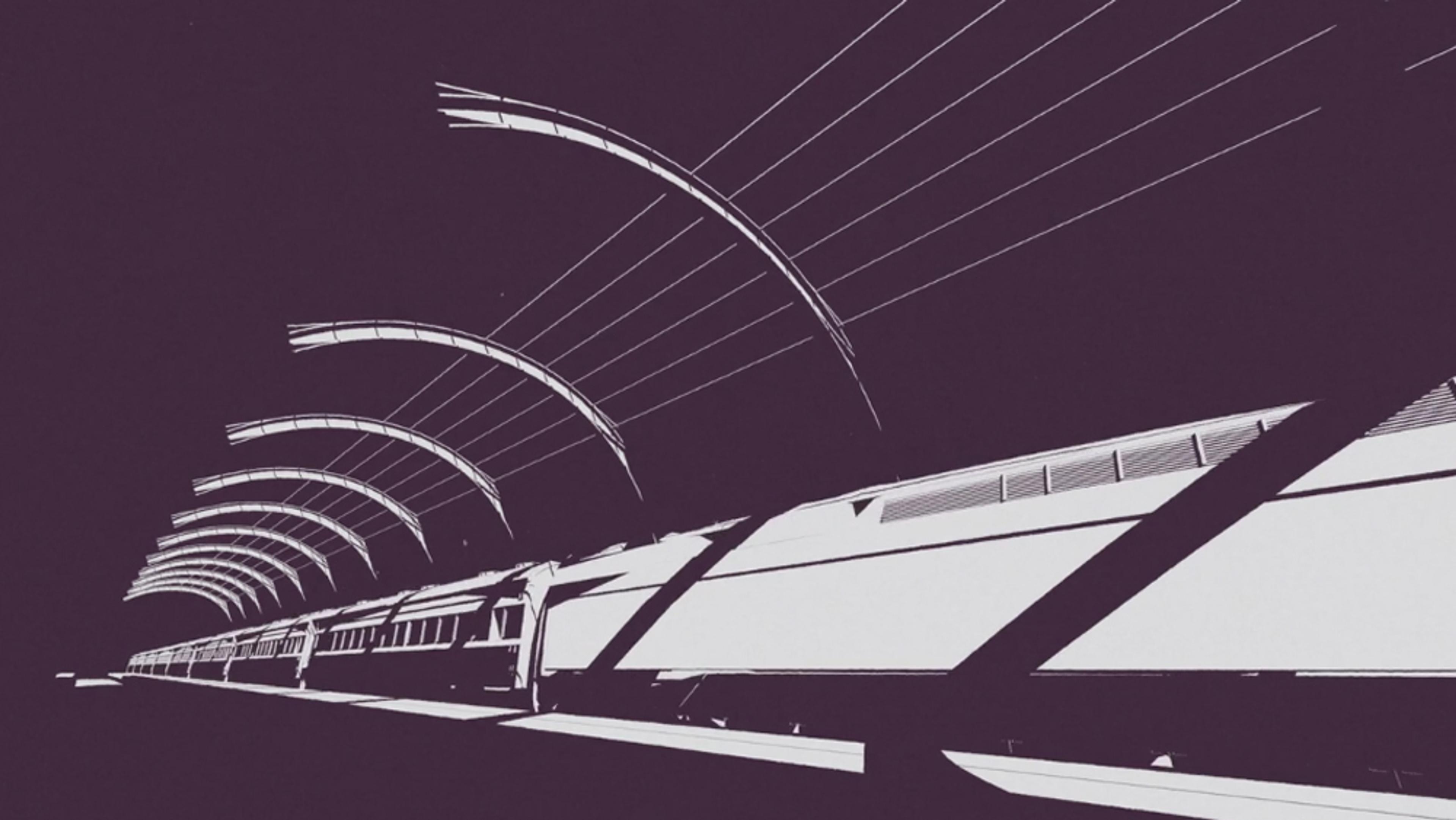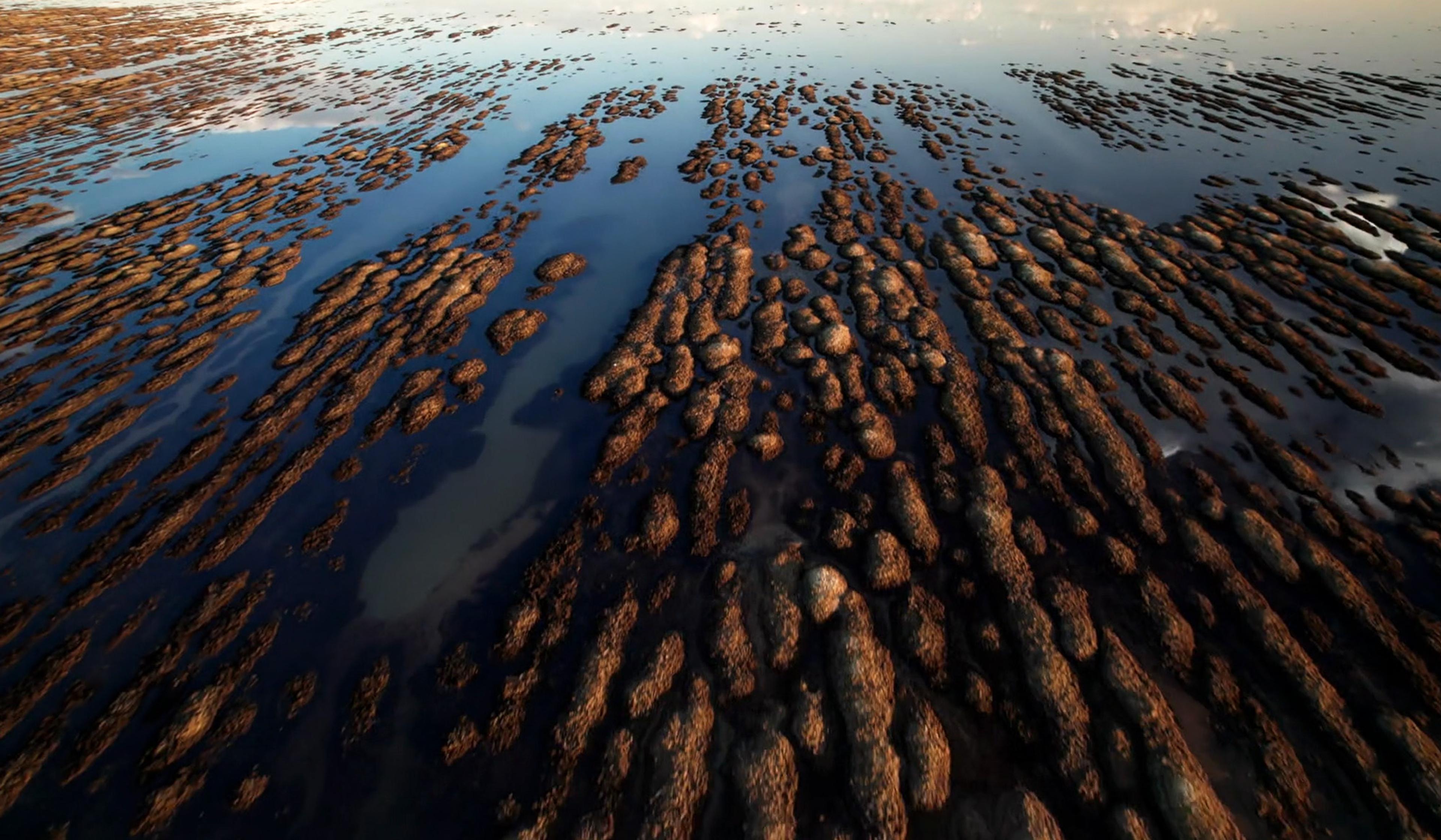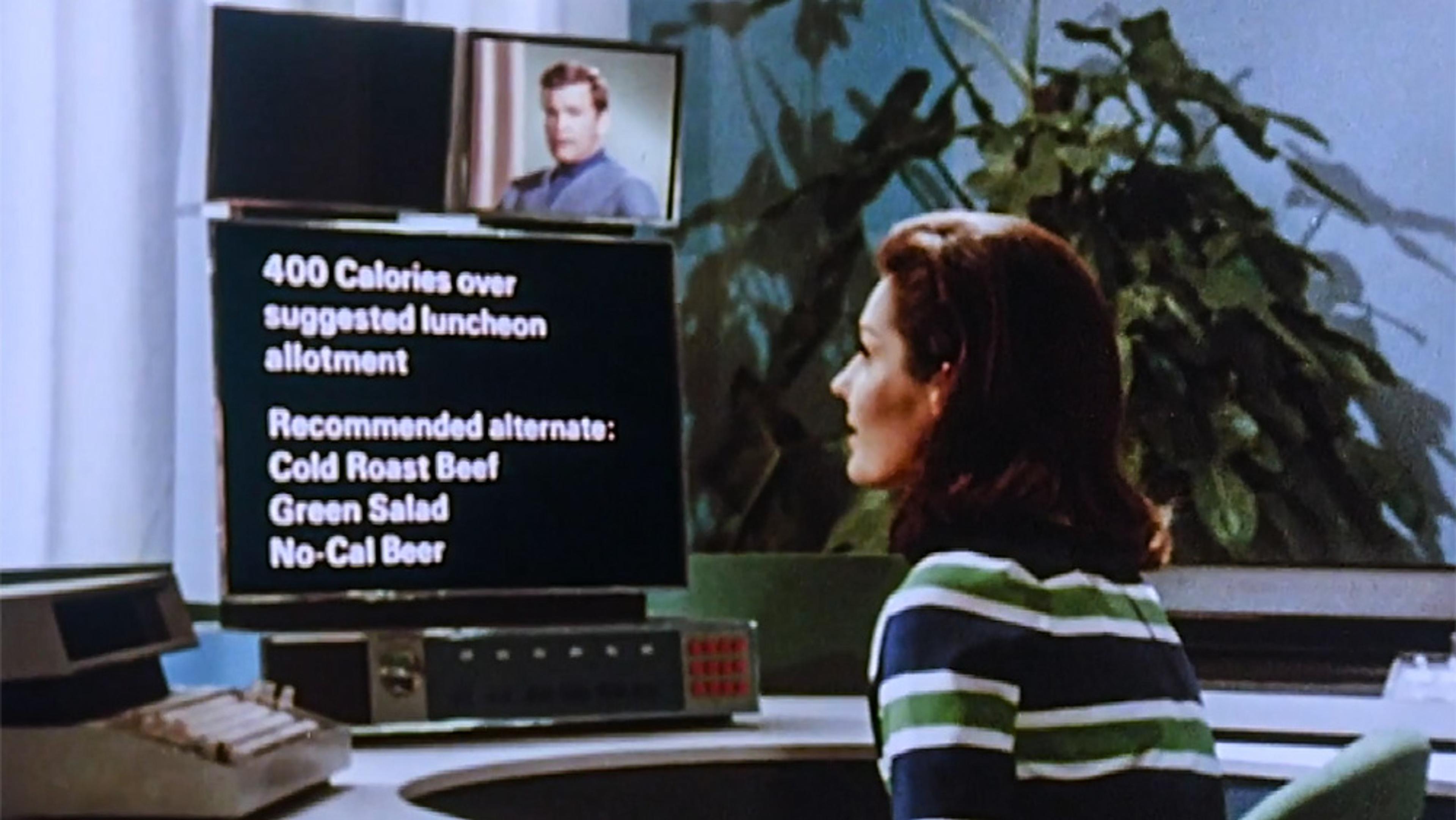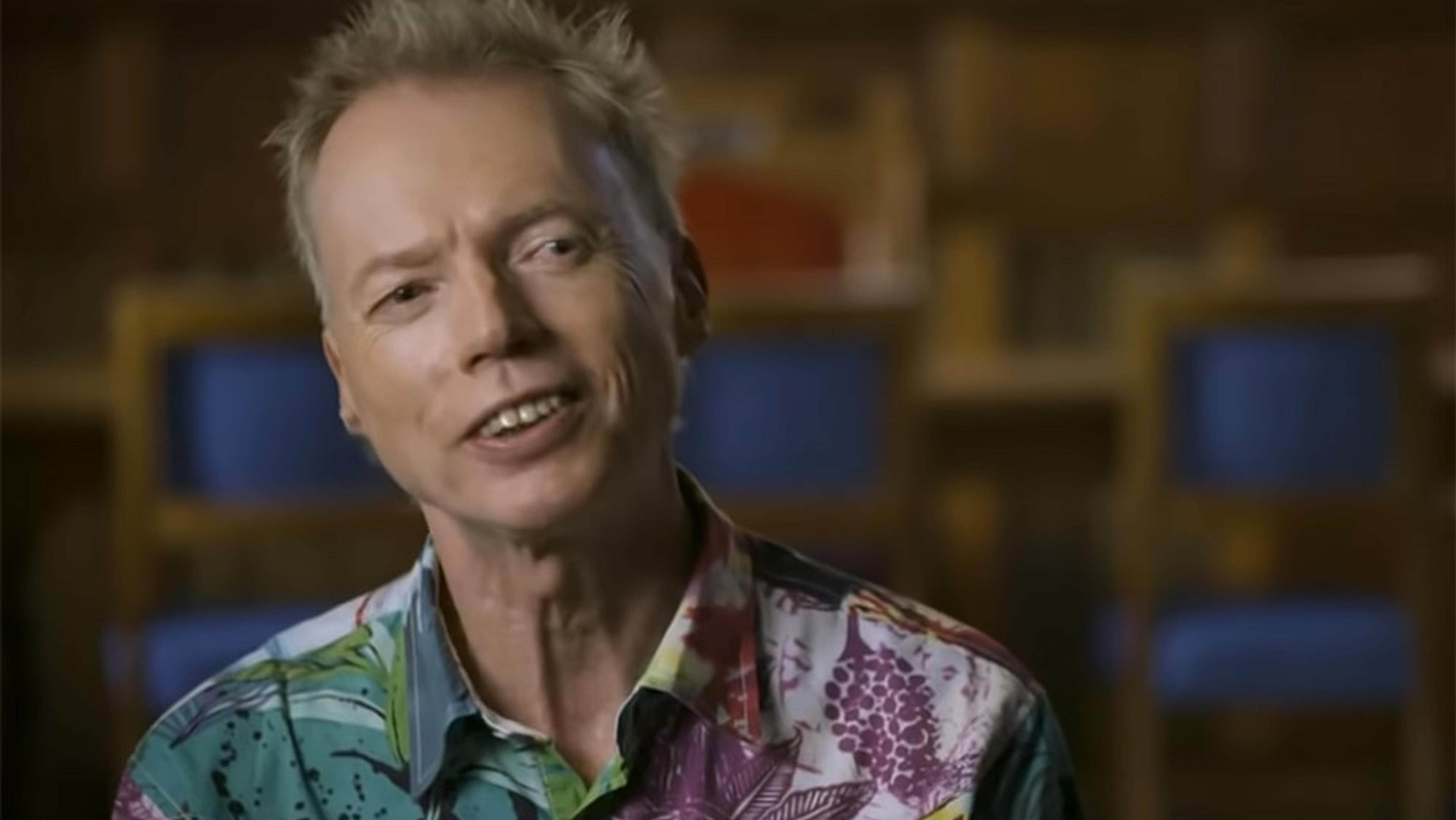At the University of Massachusetts Amherst, the Digital Life initiative endeavours to create high-quality 3D digital models of living organisms – especially those on the brink of extinction. This modern Noah’s Ark is just one of the ways humanity is digitising a world in ecological peril. But what does this impulse, combined with the rise of ‘simulation theory’, say about us? Is the idea that we can digitally preserve and simulate biology, or that we already exist in a computer-simulated reality, merely a way to comfort ourselves as we drive our world further toward ecological collapse? In a collage pulled together from the world of digitisation, the experimental short Our Ark ponders whether these notions of parallel simulated worlds are a means of offering ourselves ‘solace in the face of paralysis’.
Is simulation theory a way to shirk responsibility for the world we’ve created?

videoNeuroscience
How perception leaves the door open for augmented reality to transform our world
4 minutes

videoBiotechnology
It’s our responsibility to engineer corals that can weather the world we’ve created
11 minutes

videoEcology and environmental sciences
The tree frog die-off that sparked a global mystery – and revealed a dark truth
15 minutes

videoEarth science and climate
A biologist on the sorrows of documenting the Great Salt Lake’s collapse
6 minutes

videoAnimals and humans
Are zoos and natural history museums born of a desire to understand, or to control?
57 minutes

videoProgress and modernity
Smart homes, bountiful oceans and casual sexism: the future as envisaged from 1967
26 minutes

videoEvolution
Cell growth simulations reveal life-like emergence in stunning digital art
5 minutes

videoEthics
Welcome to a world of existential threats, philosophers and clever robots
11 minutes

videoPhilosophy of mind
Your body is scanned, destroyed, then reproduced. Do ‘you’ live on the copy?
13 minutes